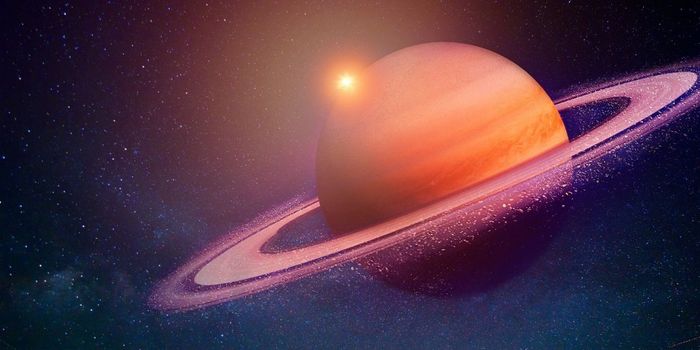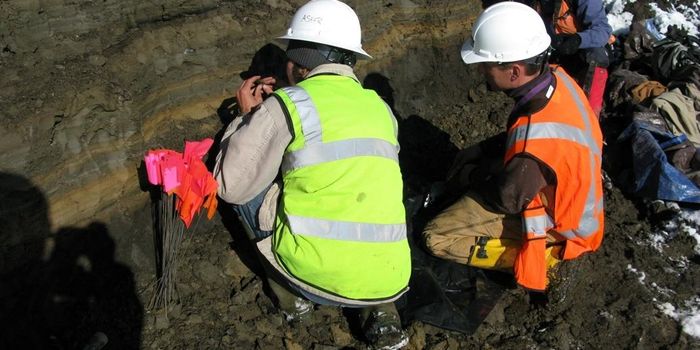Using Ocean Volcanoes to Learn More About Life on Other Planets
The search for other life forms in our Solar System has so far left us with empty hands. We've been searching for decades, and while we may not have any evidence for life besides Earth so far, we do have some leads.
Scientists think that Europa, one of the moons orbiting Jupiter, is a pretty good candidate for supporting life. At a first glance, it looks like a rock with no special qualities, but some scientists think Europa hosts a sub-surface ocean, as indicated by water jets that have been picked up by Hubble Space Telescope and other observation equipment.
That said, if Europa really does have a subsurface ocean, which would undoubtedly be very dark and cold, perhaps we can learn a little more about its qualities and what kinds of life could reside there by examining the deepest and darkest places of our own oceans right here on Earth, where situations are similar.
At the bottoms of our oceans are hydrothermal vents that emit heat from the core of our planet. Deep-sea animals like to gather around them for the host of minerals that they deposit, as well as the warmth that makes being around them more comfortable.
While Europa is unlikely to have larger organisms like we have here on Earth, it's very possible that microorganisms do exist there, and since they exist here on Earth too, we can probably learn more about what we might find on Europa, if we were ever to send an expedition mission there, by studying our own seas.








